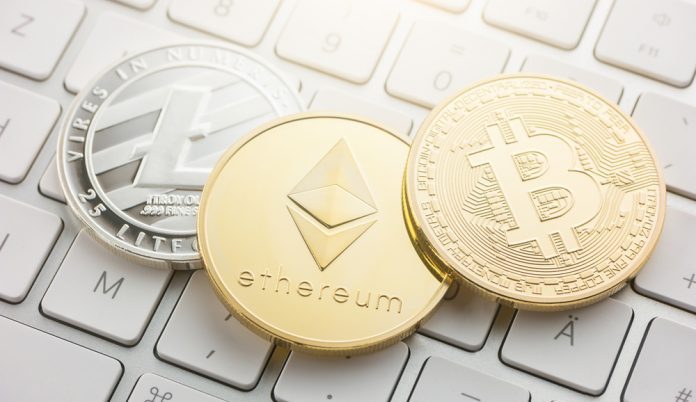BUENOS AIRES: The top 20 economies of the world have agreed to keep an eye on cryptocurrencies and financial policymakers are keen to regulate the booming industry in the near future.
Uncontrolled fluctuations in the price of Bitcoin, and other digital currencies issued by private organisations, and in some cases, individuals and small groups, have raised alarms that they may be used to evade taxes, finance terrorism, commit financial fraud, or launder money on a global level, has rendered policymakers and regulators to investigate these digital currencies, and figure out ways to regulate them.
Finance ministers and central bankers from the world’s 20 largest economies meeting in Buenos Aires asked regulators to monitor these “crypto assets” but stopped to stop short of any specific action, confirming a Reuters report published on Monday.
One reason for the G20’s inaction is that they see cryptocurrencies as too small to jeopardise financial markets. Their combined market value was, at its peak, less than one percent of the world’s economy, as the chair of the Financial Stability Board Mark Carney told the G20 in a letter.
France, which along with Germany put cryptocurrencies on the G20’s agenda, has proposed taking specific steps, such as banning deposits and loans in such currencies and the marketing of investments based on them to the general public.
Italy’s central bank governor Ignazio Visco said he eventually expected the group of financial leaders to task global market regulator, the International Organisation of Securities Commissions (IOSCO), to come up with standards.
But other countries worry that regulating cryptocurrencies would give them a degree of legitimacy while others are wary of new regulation after a decade of rule-making in the wake of the financial crisis of 2008-2009.




